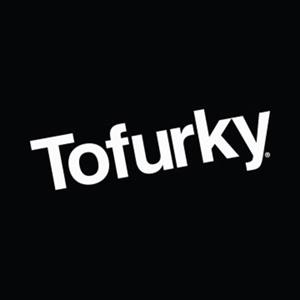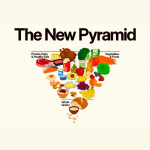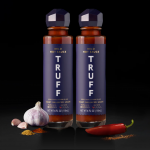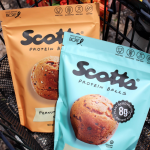Tofurky Loses Appeal to Block Missouri Meat Labeling Law
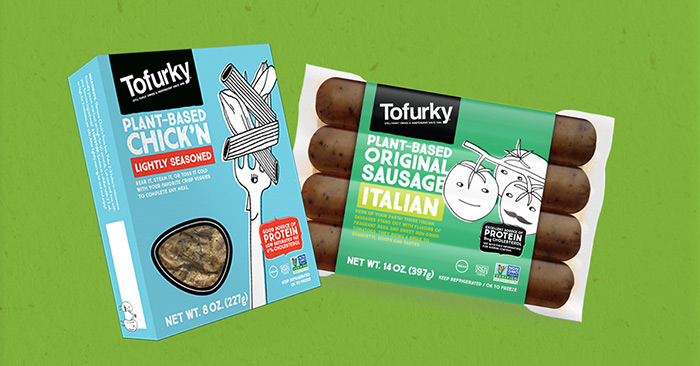
Label this one as a step back for Tofurky. Turtle Island Foods SPC, maker of the plant-based meat brand, along with food advocacy organization The Good Food Institute (GFI) last week lost an appeal to block a Missouri labeling law that would make it a crime for plant-based meat producers to represent their products as containing real meat.
The 8th U.S. Circuit Court of Appeals’ ruling last week upheld a 2019 decision by the U.S. District Court of Western Missouri that denied a preliminary injunction of the law on the basis that Tofurky’s labels did not actually violate the law. In the ruling last week, Senior U.S. Circuit Judge Michael Melloy affirmed that Tofurky’s packaging, which markets products such as “Plant-Based Chick’n” and “Plant-Based Sausage,” do not “misrepresent products as meat.” While the court denied Tofurky a preliminary injunction, it allowed the suit to proceed to trial on the merits.
The law, which was set to go into effect in 2018, blocks the use of “any untrue, misleading or deceptive oral or written statement, advertisement, label, display, picture, illustration or sample,” which would imply a non-meat product is derived from livestock or poultry. Those in violation are guilty of a class A misdemeanor, punishable by up to one year in prison and a fine up to $1,000.
Tofurky and GFI filed suit the day before the law took effect, alleging that it was passed to protect the state’s agricultural industry. According to the suit, the law violates Tofurky’s First Amendment rights to commercial speech because it creates “fear of prosecution” that will cause the brand to “self-censor” its packaging and marketing.
Tofurky president and CEO Jaime Athos said the law “wanted to put the brakes on the growth of plant-based meats.” Elizabeth Derbes, Associate Director of Regulatory Affairs at GFI, said it “creates an uneven playing field for Tofurky and other alternative protein companies.”
“We want consumers to be the ones to choose winners and losers in the marketplace — not the government,” she said. “Other organizations — including libertarians and free speech advocates share our concern that these laws are unconstitutional.”
While the law has faced resistance from plant-based meat advocates, the law’s confusing language of who it applies to — “a person advertising, offering for sale or selling all or part of a carcass or food plan” — has made some uncertain of whether it is actually targeting plant-based meat producers at all. The Missouri Department of Agriculture’s (MDA) attempts to clarify the law two days after it went into effect led to a “somewhat unclear guidance” on the law, Melloy noted last week. The MDA stated that in its view, the law did not block product packaging which featured prominent qualifier statements such as “plant-based” or “veggie” in front of the pack or that had a statement anywhere on the pack indicating the product is “made from plants” or “grown in a lab.”
“As the court points out, this law is confusingly written, and the department of agriculture’s interpretation has done nothing to clarify it,” Athos said. “So, while the legislature has made its hostility to the plant-based industry very clear, its incompetence has thwarted its attempt to harm us this time.”
Melloy also noted in the court’s decision that Tofurky submitted only seven product labels for consideration by the court, which he called a “limited record.”
“The fully developed factual record may eventually include more of Plaintiffs’ marketing materials and labels and may be materially different from that initially before the district court,” he wrote. “Therefore, we emphasize that our analysis here may provide little guidance as to the appropriate disposition on the merits.”
Athos noted that the court ultimately sided with the company “on the important issues,” which “creates a path for other plant-based companies to label their own products without fear of enforcement action.”
“All that our industry has to do is continue on its current path of using qualifiers like ‘plant-based’ or ‘vegan’ to describe its burgers, sausages, and other products,” he said.
The law is one of many plant-based labeling statutes that Tofurky and other meat alternative companies have fought in recent years. Tofurky filed a lawsuit against a similar Louisiana labeling law last October. The company challenged another “truth in labeling” law in Arkansas in 2019, and the state’s federal court sided with the company to block the law’s enforcement.
While the ruling last week found that Tofurky’s labels did not violate the law, it did not address whether label censorship is constitutional, Derbes noted. This is consistent with the ruling for the Arkansas law, when the U.S. District Court for the Eastern District of Arkansas said the company “would likely prevail” on its claim that the law violated the First Amendment, she said.
Following this ruling, Athos said Tofurky and GFI will continue “pushing for a final determination on the merits of the case” to establish if the law applies to plant-based food producers, and if it does, whether its restrictions on commercial speech are unconstitutional. Ultimately, Athos said he does not believe that plant-based meat labels are misleading for consumers, as many of these labeling laws claim.
“I don’t think consumers are confused,” he said. “Consumers are educated on the benefits of plant-based and actively looking for alternatives that are aligned with their values.”
